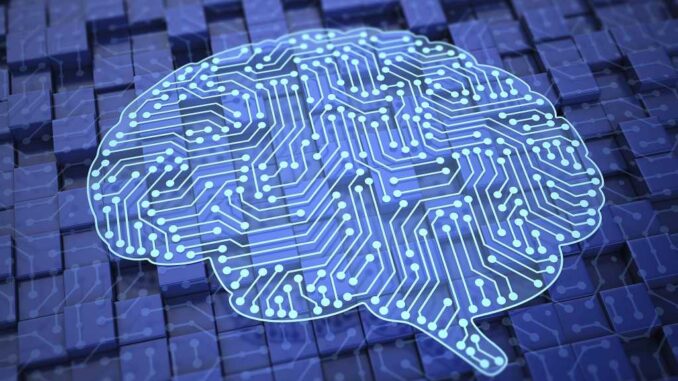
Indeed, AI continues to evolve rapidly, driven by advancements in technology, increased computational power, and growing amounts of data. Here are some of the noteworthy trends and directions in which AI is evolving:
1. **Advancements in Natural Language Processing (NLP)**: – **Transformer Models**: Techniques such as transformers have revolutionized NLP, leading to models like GPT and BERT that excel in understanding and generating human-like text.









– **Conversational AI**: Improvements in chatbots and virtual assistants, enabling more natural and context-aware dialogues. Efforts are also focused on making these systems better at understanding user intent.
2. **Generative AI**:
– **Content Creation**: AI-generated art, music, writing, and design are reaching new levels of sophistication, with tools like DALL-E and ChatGPT leveraging generative models to create content based on prompts.
– **Synthetic Data Generation**: Generating synthetic data to augment real-world datasets, which can help with training models in scenarios where data is scarce or difficult to collect.
3. **Computer Vision**:
– **Improved Image Recognition**: Enhanced algorithms for image classification, object detection, and segmentation, facilitating advancements in areas like autonomous vehicles, medical imaging, and security.
– **3D Vision**: Progress in understanding and interpreting 3D environments, enabling applications in robotics, AR/VR, and gaming.
4. **Reinforcement Learning Innovations**:
– **Real-World Applications**: Expanding the use of reinforcement learning in robotics, gaming, finance, and personalized recommendations, leading to more adaptive and intelligent systems.
– **Multi-Agent Systems**: Development of reinforcement learning techniques for training multiple agents to collaborate or compete in complex environments.
5. **AI for Healthcare**:
– **Precision Medicine**: Utilizing AI to analyze genetic and clinical data to tailor treatments for individuals, improving outcomes and reducing side effects.
– **Predictive Analytics**: Developing models to predict patient outcomes, potential complications, and hospital admissions based on historical and real-time data.
6. **AI Ethics and Governance**:
– **Responsible AI Practices**: An increasing focus on responsible AI development, with organizations adopting ethical guidelines to address issues of bias, privacy, and fairness.
– **AI Regulations**: Governments and organizations are working on regulatory frameworks to ensure that AI systems operate safely and ethically, balancing innovation with societal values.
7. **Edge AI**:
– **Decentralized Processing**: The shift towards running AI models on edge devices (like smartphones, IoT devices) reduces latency and bandwidth use while enhancing privacy.
– **Real-Time Applications**: Emerging applications in sectors such as manufacturing, healthcare, and smart cities, where real-time data processing is critical.
8. **Explainability and Trustworthiness**:
– **XAI (Explainable AI)**: Continued development of methods to make AI decision-making processes transparent, helping users and stakeholders understand AI actions.
– **Hybrid Models**: Combining different types of models (e.g., symbolic AI with machine learning) to create systems that can reason and provide understandable explanations alongside predictions.
9. **Collaboration between AI and Humans**:
– **Augmented Intelligence**: Enhancing human capabilities with AI, rather than replacing them, in fields like design, engineering, and customer service.
– **Human-in-the-Loop Systems**: Designing AI systems that incorporate human feedback to improve performance and ensure that outcomes align with user values.
10. **Interdisciplinary Approaches**:
– **AI in Social Sciences**: Application of AI to analyze social trends, public health data, and economic indicators, fostering a better understanding of human behaviors and societal impacts.
– **AI for Climate Change**: Leveraging AI for environmental monitoring, resource management, and climate modeling to address challenges related to climate change.
As AI continues to evolve, the focus will likely remain on its power to bring innovation while ensuring safety, accountability, and alignment with societal values. The future of AI promises exciting opportunities and challenges, necessitating ongoing research and dialogue among stakeholders across various fields.

Leave a Reply